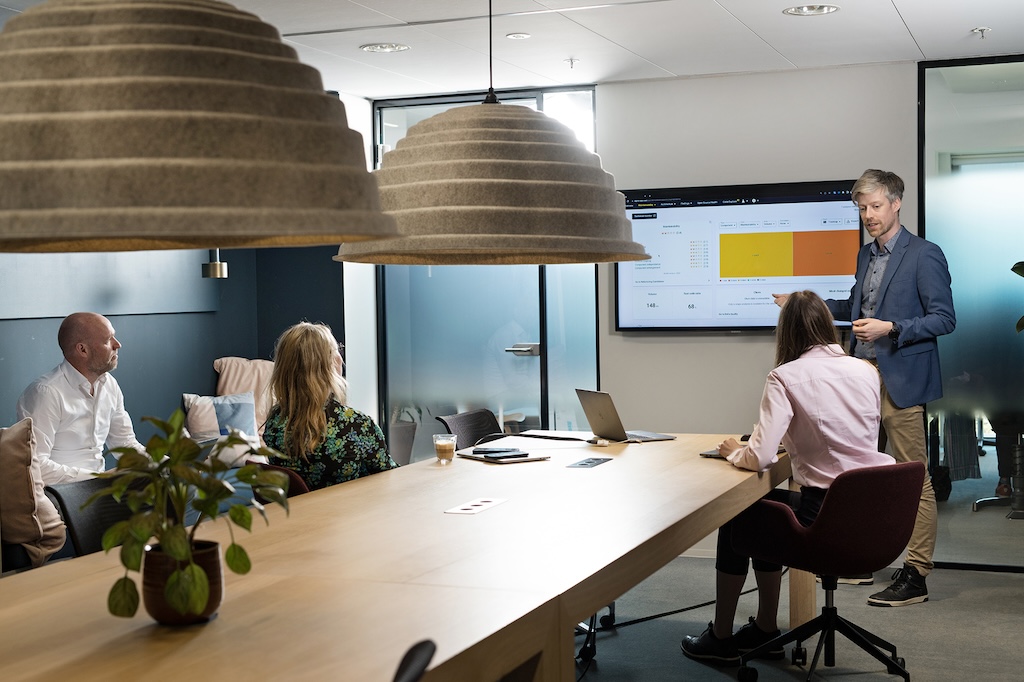
24 July 2024
Request your demo of the Sigrid® | Software Assurance Platform:

3 min read

My girlfriend and I like to host. Our favorite: afternoon diners. You know, start early in the afternoon and end early in the evening. Allowing us to take the time for multiple courses and some nice wine combinations, but finish up in time to get the cleaning done and enjoy the last bit of the evening together. In essence, we make sure to enjoy the day before we get too tired. But, maybe I am showing my age.
Starting early, however, is an integral concept I (try to) take into my work. I put this core principle up there with the boy scout rule (leave things better than you found them). Beginning a challenge early and having the time to mull it over and prepare has an enormous impact on how successful you can be.
Alas, life often has a different plan in store for me. More often than not, most of the work begins in the ‘evening of the timeline’ and doesn’t allow enough time to dive into things and give you that thinking space. Sometimes important deadlines are close to each other, and you try to get things done ‘just in time’ before something urgent rises to the top of your to-do list.
In software engineering, it’s important to employ the ‘start early’ concept as much as possible. There are plentiful examples of the benefits both in and outside of IT. Even from my own home! Let’s turn back to our dinner example.
When getting friends and family over, we want to give them the best experience. When you’re slaving away in the kitchen, you want to make sure the effort is worthwhile and that you achieve a certain level of accomplishment. In our house, this means a couple of things:
These four things we have found, help us host a great dinner and allow us to enjoy the experience ourselves.
How does this map to your IT? What can you take away from this?
Let me translate the analogy:
Following these steps means you have ample time during dinner or any big task you are trying to accomplish, to work around difficulties that arise last minute. If not, you’ll have extra time to make improvements and overdeliver.
Starting early is difficult, but worth it for peace of mind and to ensure a high chance of success. Although not always easy to keep too, it can also help you make your IT project a success.
We'll keep you posted on the latest news, events, and publications.